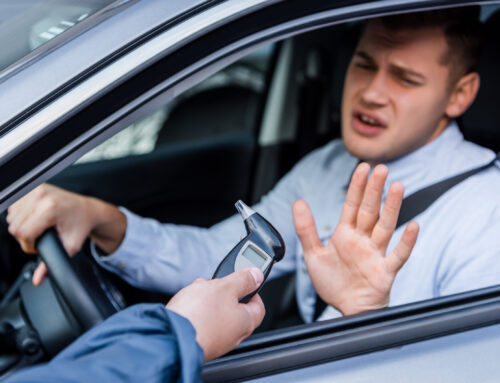
Rarely does an alcohol addiction only affect the user. This is especially true in marriages or partnerships where one person is an alcoholic spouse. The first thing to remember is that their addiction is not your fault and not your responsibility to solve alone. It is possible to find a healthy balance between supporting a spouse in achieving recovery while also seeking the healing you need from being in a relationship with someone who struggles with addiction. Reach out to us at [Direct] to learn more about our alcohol rehab program and how it might benefit you or a loved one.
The Experience of Someone with an Alcoholic Spouse
It can be validating and instructive to look at some standard experiences for someone living with an alcoholic spouse, such as:
- Self-blame: Many people in close relationships with someone struggling with alcohol abuse believe they are at least partially at fault in the addiction’s development and existence. It may be helpful to view alcohol abuse as similar to other chronic conditions like cancer. In such cases, it becomes clear that blame would be unfair and not applicable.
- Trying to control their addicted behavior: The reality here is that it is impossible to control someone else’s behavior. Trying to control your spouse’s alcohol abuse will only end in frustration and failure.
- Enabling their behavior: One way of enabling appears is in covering for your spouse. For instance, you may have tried avoiding the behavior or being dishonest with others about what is really happening. Avoidance and secrecy only help to prolong the behavior.
Living with an alcoholic spouse is difficult. Some common, healthy coping mechanisms in this scenario include attending a peer support group with other affected spouses. You may also want to engage in self-care, attending therapy, or involve trusted family members. If you ever feel that you are in danger because of an alcoholic spouse, prioritize your safety by removing yourself from the situation.
How to Help an Alcoholic Spouse
Helping an alcoholic spouse is not your responsibility alone. At the same time, you likely spend a lot of time and effort trying to support your spouse and hoping for their recovery. Here are some of the best things you can do to support an alcoholic spouse.
1. Find Resources and Build a Support Network
Numerous resources exist for people dealing with alcohol addiction. Look into local support groups, therapists who specialize in alcoholism, and even rehab centers. Building a network of support can also involve engaging your family. It is essential to avoid isolation and to remember that you are not alone.
2. Talk About Their Addiction
Ignoring their addiction will not make it go away. While the substance use disorder may seem obvious to both of you, talking about it is often the first step toward creating a plan for their recovery. You can then help them to be open to seeking help.
3. Take Care of Yourself
Your ability to provide support depends on taking care of yourself. Be sure to prioritize your needs, set healthy boundaries, and avoid enabling their behavior.
When Should You Seek Alcohol Rehab?
In extreme cases, alcohol rehab may be the best approach to address addiction. Rehab programs take patients through an initial detox, a treatment program involving therapy, and aftercare that includes support groups and ongoing therapy when necessary.
The initial detox stage is sometimes medication-assisted depending on the severity of an addiction in order to alleviate withdrawal symptoms. The therapy component of rehab may be most effective if you and your spouse engage in family therapy.
Find Help Today at Georgia Addiction Treatment Center
Help for you and your alcoholic spouse is just a phone call away. Georgia Addiction Treatment Center specializes in treating alcohol addiction and supports you and your addicted spouse. We know how drastically addiction impacts everyone who comes into contact with it. Your healing is prioritized right alongside your spouse’s with things like our family therapy program. Call us at [Direct] to connect your spouse to the help they need to begin recovery.






